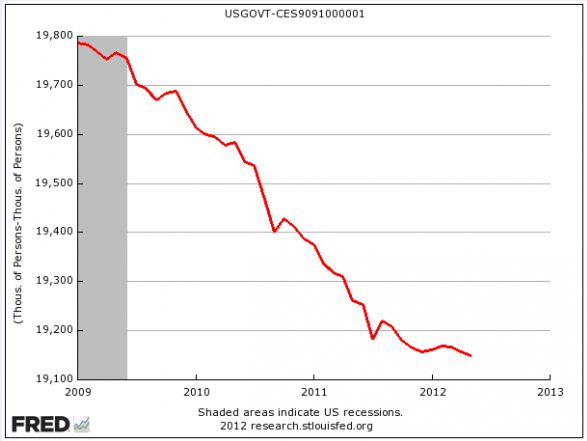Editorial: North Korea threat is no joking matter
Once again the unnamed Courier editor takes on an international news story and steps immediately out of his depth based on his armchair research before his mighty bigscreen boobtube.
Regular readers know that I lived for some years within missile range of North Korea. I know firsthand that Japan relied then for its security against the weird and sociopathic state not on its own military or the massive US forces occupying it, but rather on an extensive chain of shady gambling operations, to which Japanese authorities turned a blind eye, run by North Koreans who supplied most of the nation's hard currency by remitting the profits homeward. It was a not heroic, it wasn't something to brag about, but it worked and as far as I know continues to work.
It's correct to think that North Korea could do a lot of damage in a short time. It couldn't sustain a war or any more than a single hostile move, but it would hurt people all the same, by far the most likely in Seoul. It would then bring sure annihilation for the North Korean regime, and it's ridiculous to presume that just because they act crazy sometimes, they're really that crazy. To even begin to understand this regime you have to see it from the inside, a place so foreign that even most pro Asia-watchers stumble continually over its contradictions and absurdities.
The bottom line is that North Korea is building missiles not to hit the US, but to pretend to itself and its people that it maybe could. This it uses as what amounts to extortion leverage against China, which trades food and technology for maintaining a more or less secure border against the horde of North Korean refugees bursting to escape.
This graf caught my eye:
"North Korean officials insist that the purpose of the launch was peaceful - to put a satellite in orbit. Yet missile experts correctly point out that the technology for that task matches the technology for launching long-range armed missiles."For "North Korean" the reader could substitute "The USSR" or "The USA" and create a direct quote from thousands of worried papers during the Space Race, and it's absolutely true. The American military made it eminently clear that the space program was entirely about ICBMs the day it ordered Chuck Yeager to abort taking the X-15 out of atmosphere and kiboshed the whole piloted space program. It's utterly naive to think that any missile-based space effort is not about the missiles, and that includes India, China, Japan, Iran, France and everyone else spending a dime on it. We've only got a lot of good science out of it by taking advantage of the military need for expensive fig leaves.
What makes North Korea special is that it won't make a deal and join the club. I have to think that if its military and political leaders (not Kim the third, who like his father is obviously just a pampered figurehead) really are as lame as our media and government would have us believe, it would be the easiest thing in the world to flatter and bribe them into complacency and exploitability. They're clearly not. They've long since decided that leaning into the crazy image will get them all they want and maintain their (imagined) independence and very real local power.
It keeps going this way because our own military-industrialists can use North Korean crazy to justify themselves and their high salaries. Since the War to End All War there has always been an irrational, implacable enemy tailor-made for building war machines. If the enemy's irrational, we don't have to explain why they hate us, we can just take it for granted (and not think about it). We used to go and actually fight them, now for the most part we just "prepare" for their eventual aggression, spending endless billions without ever having to prove there's a threat. It's a close to perfect con.
North Korea will continue to play this game as long as China goes along, and that's where the calculus ends. It's not about us, it's not even about South Korea, really. It's not inconceivable that if we were to drop our sanctions and pump enough aid into North Korea to get its people off the starvation bus, we'd see Chinese military hit teams cleaning out the alpha dogs posthaste. But the card-house of rhetoric we've built around this issue will never allow that.
North Korea is a complex diplomatic problem involving freakish internal politics and interlinked international interests in the status quo, which makes it frustrating. But "alarming"? No, Tim, not really.














